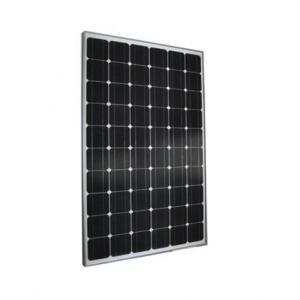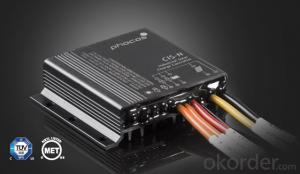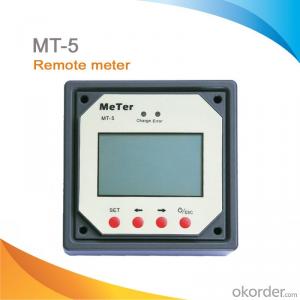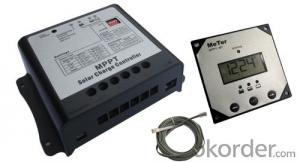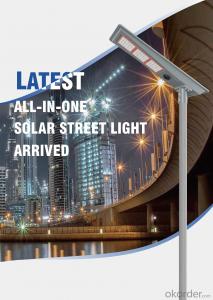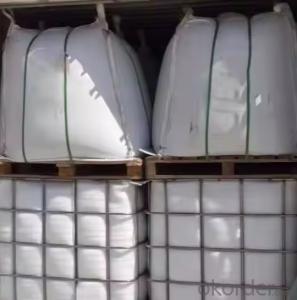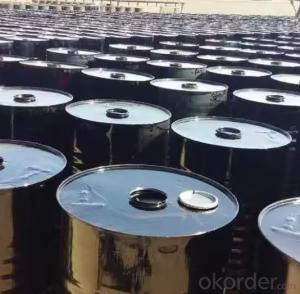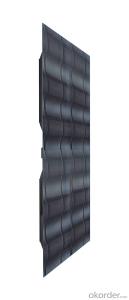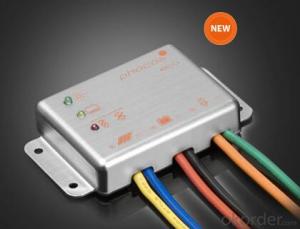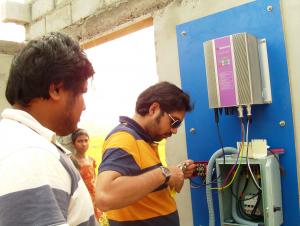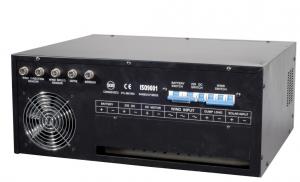Solar Water Pump Controller for Solar System
- Loading Port:
- Shekou
- Payment Terms:
- TT OR LC
- Min Order Qty:
- 20 unit
- Supply Capability:
- 800000 unit/month
OKorder Service Pledge
OKorder Financial Service
You Might Also Like
Products
Solar Pumping System can be applied to daily use (ground water), agricultural irrigation, forestry irrigation, desert control, pasture animal husbandry, water supply for islands, wastewater treatment engineering, and so on. Solar water pump System is dispensed with energy storing devices, and stores water instead of electricity. It improves the reliability of the device, at the same time, it lowers the construction and maintenance costs of the irrigation system dramatically.
In recent years, with the promotion of the utilization of new energy resources, Solar Pumping System is more and more used in municipal engineering, city centre squares, parks, tourist sites, resorts and hotels, the landscapes and fountain irrigation systems in the residential areas.
Technical Features
Optimization of Single Pump System
A single solar irrigation system consists of only one pump, a power -matched solar array and an inverter . The aim of optimization is to reduce the amount of PV modules as much as possible on the premise of filling the requirement of head and capacity. The rotational speed of pump is regulated according to the irradiation on the solar array; when the sunlight reaches its peak, the pump runs at the rated speed, and the output approaches the peak power of the solar array; when the sunlight is less abundant, the speed of pump varies bellow the range of the rated speed; when the speed as low as the capacity becomes zero, the solar pumping system stops working. So, there are big differences between solar irriation systems and traditional pumping systems in system design, and the system should be optimized according to the requirements of head, capacity, and local conditions of sunlight.
•Determine the optimal average daily operating time and the range of speed governing.
•Choose the optimal head and capacity of the pump.
•Determine the maximum power of PV modules, the best working voltage and method of connection.
Optimization of Multi-pump Systems:
There are several pumps in a multi-pump system. The pumps can be driven either by only one high-power inverter, or by several matching inverters. In the case of large capacity demand, the operation of the multi-pump system is more flexible. By switching solar arrays and pumps, all of the pumps run in MPPT mode when the sunlight is abundant, while some pumps will be shut down and all solar arrays supply power intensively for the rest running pumps when irradiation is weak. Based on the optimization of single pump system, the range of speed can be further optimized, and the photovoltaic(PV) pumping system always works with high efficiency.
Product Specifications
Model | Rated Power ( kW ) | Rated Voltage ( V ) | Head ( M ) | Daily Flow ( ㎥/ D ) |
PS370 | 0.37 | 220 | 20-47 | 20-1 |
PS550 | 0.55 | 220 | 15-70 | 40-1 |
PS750 | 0.75 | 220 | 6-81 | 100-1 |
PS1100 | 1.1 | 220 | 8-93 | 100-1 |
PS1500 | 1.5 | 220 | 7-128 | 130-1 |
PS2200 | 2.2 | 380 | 12-163 | 130-1 |
PS3000 | 3 | 380 | 9-187 | 250-10 |
PS4000 | 4 | 380 | 6-225 | 500-10 |
PS5500 | 5.5 | 380 | 10-172 | 500-20 |
PS7500 | 7.5 | 380 | 15-237 | 500-20 |
PS9200 | 9.2 | 380 | 20-140 | 500-40 |
PS11000 | 11 | 380 | 23-159 | 500-40 |
PS13000 | 13 | 380 | 27-189 | 500-40 |
PS15000 | 15 | 380 | 31-208 | 500-40 |
PS18500 | 18.5 | 380 | 39-143 | 500-100 |
PS22000 | 22 | 380 | 25-86 | 700-210 |
PS26000 | 26 | 380 | 30-105 | 700-210 |
PS30000 | 30 | 380 | 35-125 | 700-210 |
PS37000 | 37 | 380 | 40-150 | 700-210 |
PS45000 | 45 | 380 | 50-180 | 700-210 |
PS55000 | 55 | 380 | 65-200 | 700-210 |
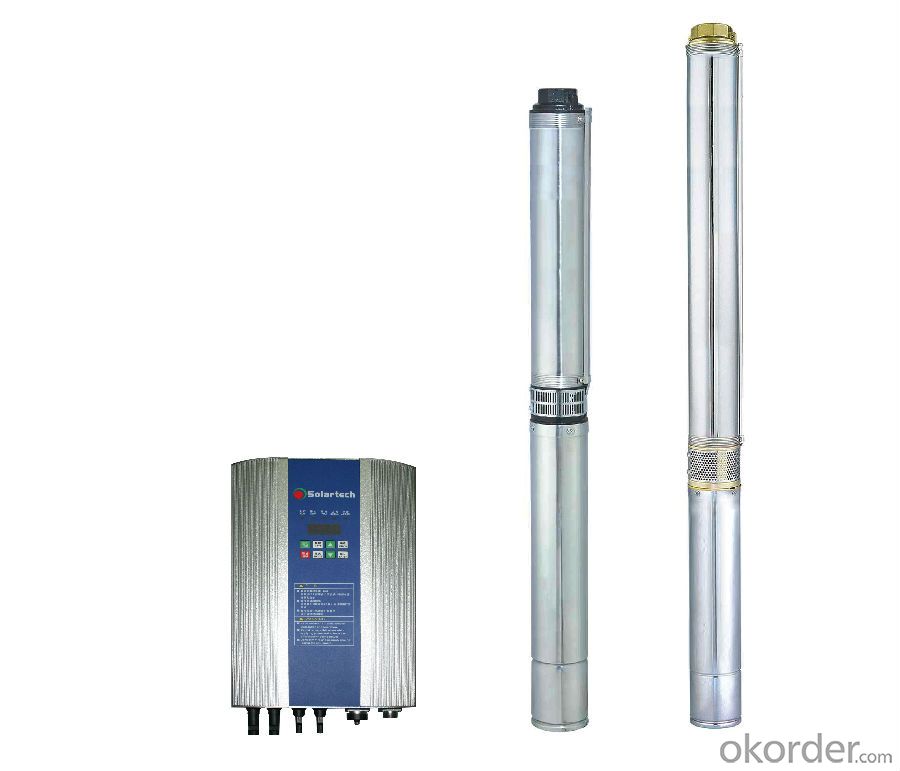
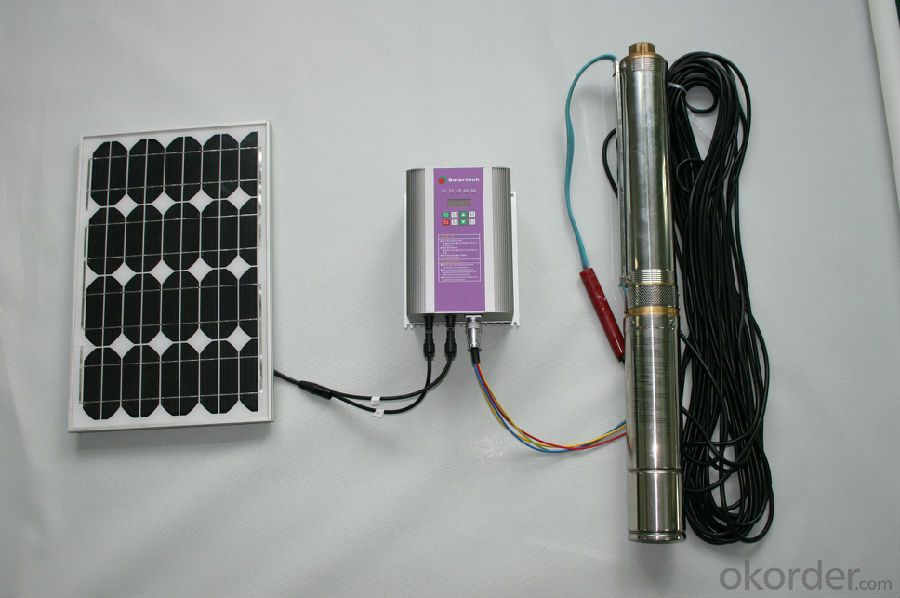
- Q:Can a solar controller be used with solar panel monitoring systems?
- Yes, a solar controller can be used with solar panel monitoring systems. A solar controller ensures the optimal charging and protection of the batteries connected to the solar panel system. It regulates the flow of electricity from the panels to the batteries, preventing overcharging and damage. By incorporating a solar controller into the system, the performance and efficiency of the solar panel monitoring system can be enhanced, providing accurate and reliable data on solar panel output and performance.
- Q:What is the input voltage range of a solar controller?
- The input voltage range of a solar controller typically depends on the specific model, but it is generally designed to accept a wide range of voltages, commonly between 12V and 48V, to accommodate various solar panel configurations.
- Q:Are solar controllers necessary for all solar panel installations?
- Not all solar panel installations require solar controllers, also known as charge controllers. The decision to use a solar controller depends on the specific characteristics of the solar panels and the overall system design. Solar controllers are primarily used in off-grid solar panel installations, where the panels are not connected to the electrical grid. In these setups, a solar controller is essential as it regulates the flow of electricity from the panels to the battery storage system. It ensures that the batteries are maintained at optimal levels and protected from damage by monitoring their state of charge and temperature, preventing overcharging. In contrast, grid-tied solar panel installations, where the panels are connected to the electrical grid, usually do not require solar controllers. In these setups, the electricity generated by the panels is immediately fed into the grid, eliminating the need for battery storage. The grid serves as the storage system, eliminating the need for a charge controller to manage the flow of electricity. However, it is important to note that some grid-tied systems may still incorporate a solar controller if they have additional components like batteries or if they operate in areas with an unreliable grid connection. In such cases, the solar controller would be responsible for managing the battery charging and discharging process, ensuring the system's efficiency and longevity. Ultimately, the necessity of a solar controller depends on the specific requirements and design of the solar panel installation. It is advisable to consult with a professional solar installer or engineer to determine if a solar controller is necessary for a particular system.
- Q:What is the role of a solar controller in preventing battery over-discharge?
- The role of a solar controller in preventing battery over-discharge is crucial in maintaining the health and longevity of the battery. A solar controller, also known as a charge controller, is an essential component in a solar power system. Its primary function is to regulate the charging process from the solar panels to the battery bank. However, it also plays a vital role in preventing battery over-discharge. When the solar panels generate electricity, the solar controller monitors the battery's state of charge (SOC) and prevents it from being excessively discharged. It does so by measuring the voltage level of the battery. Once the battery voltage reaches a specific threshold, indicating a low SOC, the solar controller automatically disconnects the load from the battery. This prevents any further discharge, protecting the battery from over-discharge, which can lead to permanent damage or reduced capacity. Additionally, many solar controllers have programmable settings that allow the user to set the voltage thresholds at which the load is disconnected and reconnected. This feature enables customization based on the specific battery type and user preferences. In summary, the role of a solar controller in preventing battery over-discharge is to monitor the battery's voltage level and disconnect the load when it reaches a predefined low threshold. By doing so, it safeguards the battery from excessive discharge, ensuring its longevity and optimal performance.
- Q:Can a solar controller be used with solar-powered electric fences for agricultural applications?
- Indeed, solar controllers can be employed in agricultural settings alongside solar-powered electric fences. A solar controller plays a vital role within solar-powered systems by overseeing the charging and discharging of the batteries responsible for energizing the electric fence. Its primary function is to guarantee efficient battery charging while averting overcharging or discharging, thereby maximizing battery performance and lifespan. With the utilization of a solar controller, farmers can proficiently administer their solar-powered electric fences, guaranteeing uninterrupted power supply and optimal functionality to safeguard livestock and shield crops from wildlife.
- Q:Can a solar controller be used in a solar-powered electric motorbike racing system?
- Yes, a solar controller can be used in a solar-powered electric motorbike racing system. A solar controller regulates and optimizes the charging process of the solar panels, ensuring efficient energy transfer to the batteries. In a solar-powered racing system, the solar controller would play a crucial role in managing the energy flow, maximizing the performance and longevity of the batteries, and ultimately enhancing the overall efficiency of the motorbike.
- Q:Can a solar controller be used with a generator backup?
- Yes, a solar controller can be used with a generator backup. In fact, it is quite common for solar systems to be combined with generator backups in order to provide continuous power supply. The solar controller acts as the interface between the solar panels and the battery bank, regulating the flow of energy and ensuring that the battery is not overcharged or drained. In the event of insufficient solar power, the generator backup can be activated to provide additional electricity to the system. This combination allows for a reliable and sustainable power solution, utilizing both renewable energy from the sun and backup power from a generator when needed.
- Q:Can a solar controller be used with a solar-powered water heater for swimming pools?
- Yes, a solar controller can be used with a solar-powered water heater for swimming pools. The solar controller helps regulate and control the flow of water through the solar panels, ensuring optimal heating efficiency for the pool water.
- Q:How does a solar controller handle variations in solar panel temperature?
- A solar controller handles variations in solar panel temperature by monitoring and regulating the voltage and current delivered by the panels. It adjusts the charging parameters such as voltage levels and charging rates based on the panel temperature to ensure optimal charging efficiency and prevent overcharging or undercharging of the connected batteries. Additionally, some advanced solar controllers may incorporate temperature sensors on the panels to directly measure the temperature and make precise adjustments accordingly.
- Q:Can a solar controller be used with solar-powered electric vehicle chargers?
- Yes, a solar controller can be used with solar-powered electric vehicle chargers. A solar controller helps regulate the flow of electricity from the solar panels to the charger, ensuring efficient charging and protecting the batteries. It also helps in managing the charging process and preventing overcharging.
1. Manufacturer Overview |
|
|---|---|
| Location | |
| Year Established | |
| Annual Output Value | |
| Main Markets | |
| Company Certifications | |
2. Manufacturer Certificates |
|
|---|---|
| a) Certification Name | |
| Range | |
| Reference | |
| Validity Period | |
3. Manufacturer Capability |
|
|---|---|
| a)Trade Capacity | |
| Nearest Port | |
| Export Percentage | |
| No.of Employees in Trade Department | |
| Language Spoken: | |
| b)Factory Information | |
| Factory Size: | |
| No. of Production Lines | |
| Contract Manufacturing | |
| Product Price Range | |
Send your message to us
Solar Water Pump Controller for Solar System
- Loading Port:
- Shekou
- Payment Terms:
- TT OR LC
- Min Order Qty:
- 20 unit
- Supply Capability:
- 800000 unit/month
OKorder Service Pledge
OKorder Financial Service
Similar products
New products
Hot products
Hot Searches
Related keywords







